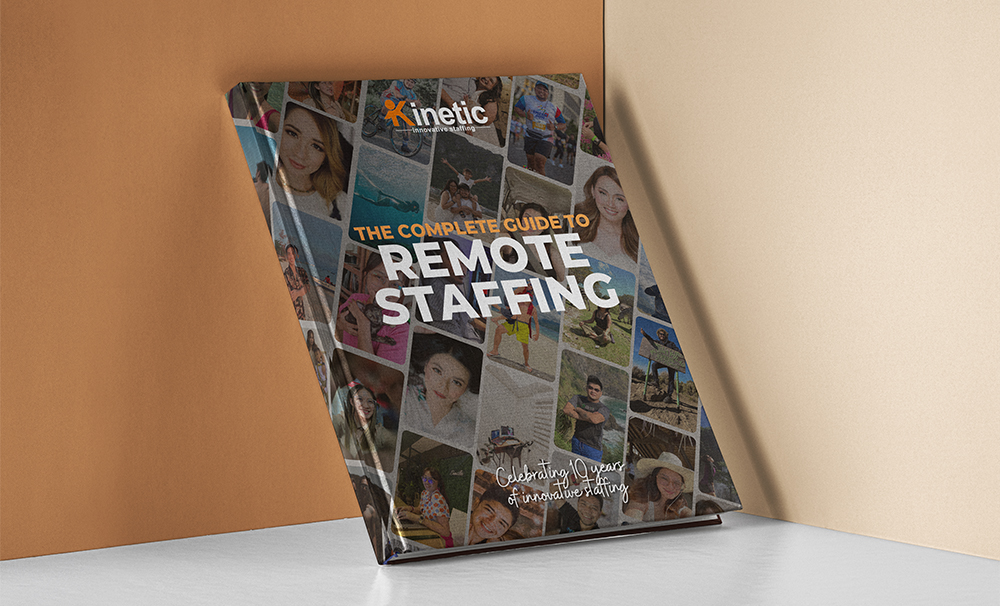If you are thinking of starting a new business, or have recently started one, here’s a statistic you should be paying close attention to – your business has less than a 50/50 chance of making it. Especially if you repeat the mistakes of every failed business in the recent past.
Of the 223,013 new businesses in Australia that started in 2014, less than half (49%) are still operating today.
Reasons for failure?
According to the Australian Securities and Investments Commission, below are the top three reasons cited for failed businesses in 2017:
- Inadequate cash flow or high cash use (47% of reports)
- Poor strategic management of business (46%)
- Poor financial control, including lack of records (35%)
These three reasons can be attributed directly or indirectly to one unifying problem – many new businesses do not have the proper accounting systems (nor accounting staff) in place.
Smart business owners plan for everything for a new business – assets, location, brand name, logo, sales and marketing plan, etc. However, 9 out of 10 new businesses start with no staff at all. Why is this important? Non-employing companies exhibit a survival rate of only 43% after four years, as compared to 60% of companies that do employ staff.
Effective planning for a new business should include hiring critical staff. And based on the numbers above, an accountant or bookkeeper – even on a part-time basis – is one of the most crucial ones to consider.
Why don’t businesses hire accountants?
Start-up owners think that by saving on costs, particularly on payroll, they put their company in a better position to succeed. While cost savings may be realised by not hiring people (particularly accountants, not even on a part-time basis), it takes time away from the strategic management of the company – which will have a larger impact on the business growth, profitability and sustainability.
As a company owner, you may feel that you can do the bookkeeping and accounting yourself, and save a few thousands of dollars every month. However, the average small business owner spends around 16.5 hours every month on accounting tasks.
Those 16.5 hours every month can be spent on strategic work (i.e. business improvements, marketing programs, sales promotions) that can increase your monthly turnover by tens or even hundreds of thousands of dollars. This presents a large opportunity cost in exchange for scrimping on a few dollars.
And not only are precious hours for strategic management redirected to accounting and admin tasks, small business owners tend to have little to no periodic reports nor data on their financial performance.
Kelvin Deer, director of PT Partners Accountants and Business Advisors and the Australian Bookkeepers Network, decries the lack of accounting systems in small businesses. “That’s surprising when you consider the failure rates among small businesses – you’d think they’d want to know how they track quarter on quarter for sales, profit margins, cash flow, or whether their expenses are increasing,” he says. “Working with a bookkeeper or accountant on regular reporting could bring about better outcomes.”
How can an accountant help you?
At every stage of any business, there’s a variety of ways that accounting staff can prove to be essential.
Planning stage
- Advise you on the business structure to form (Sole Trader, Proprietary or Public Company, Partnership and Trust)
- Guide in the financial planning (i.e. capitalisation, financing, cash flows, ROI, etc.) of your business
Operational stage
- Manage day-to-day bookkeeping and transaction recording
- Tax preparation and financial reports
- Manage payroll
- Oversee cash flows
- Foresees changes in operational expenses (i.e. fuel or wage increases)
- Help prepare financial safety nets in the event of disability or death of the shareholders
Growth stage
- Provide financial insights on cost savings with suppliers, payroll and other operating expenses
- Help plan out funding for business expansion
Decline stage
- Identify problem areas and plan out financial solutions
- Work with creditors to manage payment schedules, liens and interest rates
- Prepare the business in a sale, merger or insolvency
Kinetic Innovative Staffing has been providing more than 200 Australian companies with professional remote staff, such as accountants and bookkeepers, since 2013. Remote staffing can provide Australian businesses with the right talent while experiencing up to 75% savings on labour costs.
Get in touch here if you would like to know more about accountants working remotely from the Philippines.




